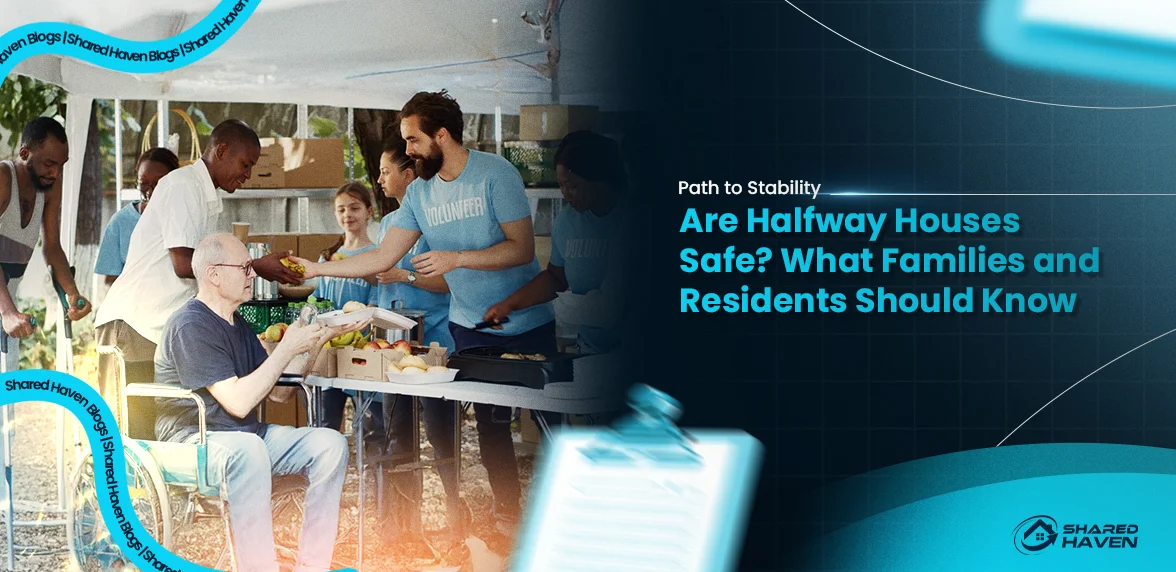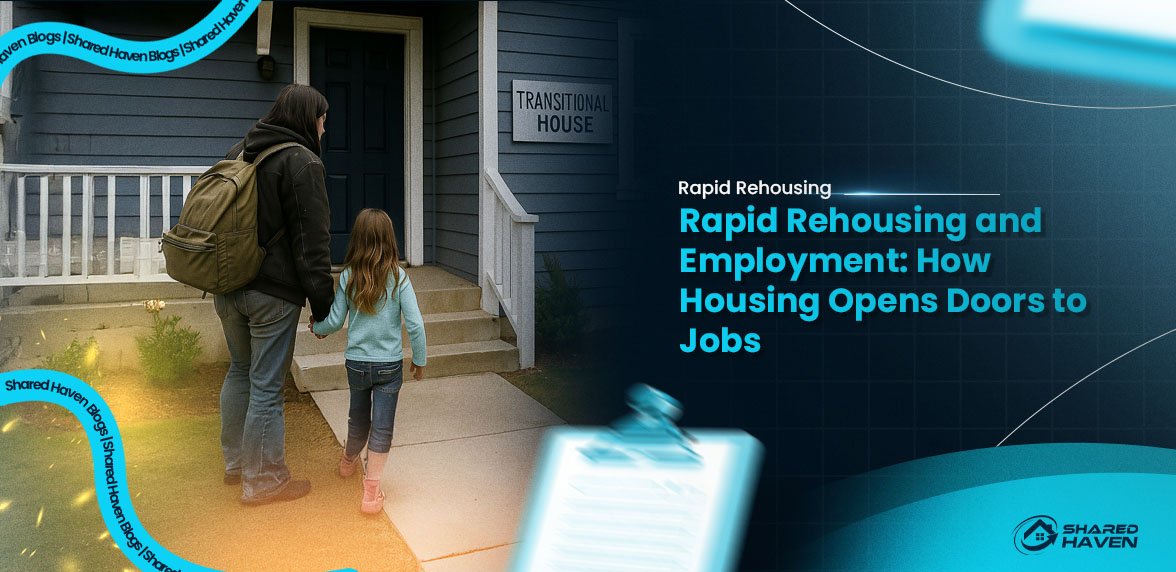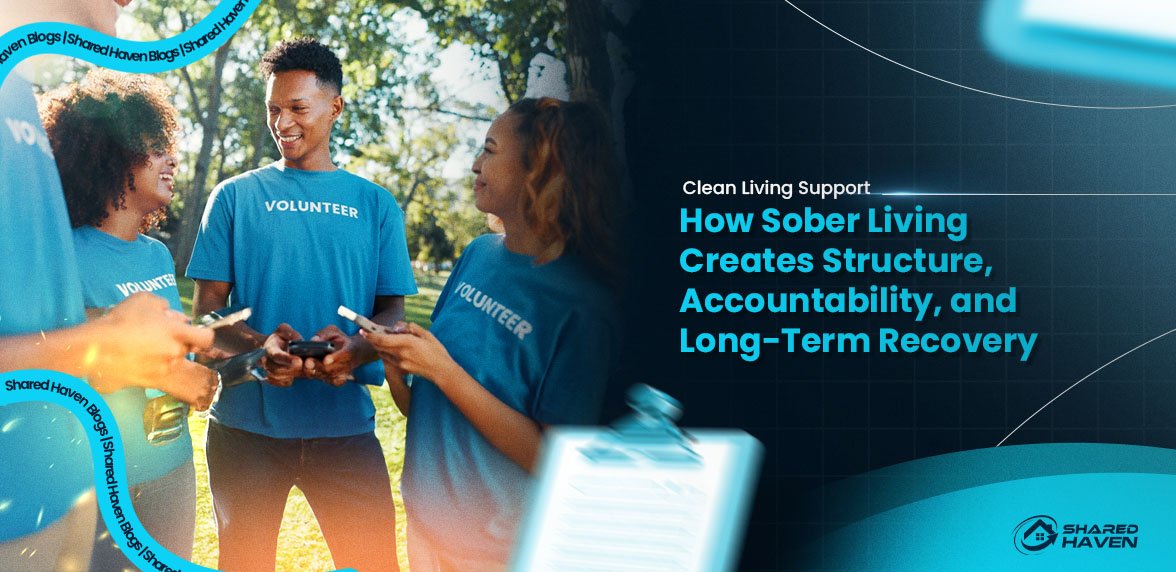Understanding the Basics of Sober Housing
Sober Housing provides a safe and supportive environment for people in recovery. Every home follows rules that encourage accountability and sobriety. Moreover, these homes bridge the gap between rehab and independent living. Therefore, they allow residents to rebuild their lives in a structured setting.
Why the Cost of Sober Housing Varies
The cost of Sober Housing depends on several factors. For instance, location plays a major role in determining price. Additionally, amenities and support services also influence overall expenses. As a result, no two sober homes are priced exactly the same.
Location and Sober Housing Prices
Sober Housing in large cities often costs more than in smaller towns. Furthermore, proximity to resources like public transport can raise rent. On the other hand, rural homes may charge less but provide fewer amenities. Therefore, location is a key factor in budgeting.
Types of Sober Housing Models
There are different models of Sober Housing, each with unique costs. For example, some homes focus only on housing and peer support. Others include structured programs and therapy options. Consequently, residents should choose a model that matches both needs and budget.
Average Cost of Sober Housing Across the Country
The cost of Sober Housing usually ranges between $300 and $2,500 monthly. However, the average price often falls between $500 and $1,500. Therefore, most residents can expect costs similar to regular rent.
What Monthly Rent Usually Covers
Monthly payments in Sober Housing usually cover room and utilities. Additionally, many homes include shared food costs or supplies. Therefore, rent is not only for housing but also for maintaining a safe environment.
Extra Expenses in Sober Housing
Besides rent, residents may need to budget for personal items. For example, toiletries, clothing, and groceries may not always be included. Furthermore, some homes charge extra for added support programs. Consequently, residents should always confirm what rent covers.
How Amenities Affect Sober Housing Costs
Sober Housing with more amenities usually charges higher rent. For instance, homes with gyms, private rooms, or counseling services may cost more. On the other hand, shared bedrooms and basic amenities lower expenses. Therefore, amenities play a big role in price differences.
Comparing Sober Housing to Regular Rent
Sober Housing often costs more than standard rental housing. However, the added structure and support justify the higher cost. Moreover, the accountability helps residents stay sober, which regular rentals cannot provide.
Budgeting for Food in Sober Housing
Food is another factor in calculating the cost of Sober Housing. Some homes provide meals as part of rent. Others require residents to shop and cook for themselves. Therefore, food budgets vary by housing model.
Utilities and Services in Sober Housing
Utilities are often included in Sober Housing rent. For example, electricity, water, and internet are usually covered. However, some homes may require residents to split bills. Consequently, confirming this detail before moving in is important.
Support Programs and Their Fees
Many Sober Housing programs include group meetings and counseling. While some are free, others charge a fee. Therefore, residents should factor in costs for extra therapy sessions.
Medical Costs While in Sober Housing
Residents may also face medical expenses outside housing costs. For instance, doctor visits or medication are not usually included. As a result, budgeting for personal health care is essential.
Transportation and Sober Housing
Transportation costs can impact total living expenses in Sober Housing. Homes in central areas may reduce commuting expenses. On the other hand, rural homes may require more spending on travel.
Employment and Income While in Sober Housing
Most residents in Sober Housing are encouraged to find work. Therefore, income helps offset monthly housing and living costs. Moreover, stable employment supports long-term independence.
Insurance Coverage for Sober Housing
Some insurance plans may cover part of Sober Housing costs. However, coverage depends on the plan and location. Therefore, residents should check with their insurance provider.
Financial Aid Options for Sober Housing
Certain organizations offer scholarships or grants for Sober Housing. Additionally, some nonprofits help residents with rent assistance. Therefore, exploring financial aid options can ease the burden.
Short-Term vs Long-Term Sober Housing Costs
Short-term Sober Housing may be cheaper month-to-month. However, long-term housing often offers lower average rates. Therefore, staying longer may reduce overall costs.
How to Plan a Budget
Creating a budget for Sober Housing requires careful planning. Residents should include rent, food, transportation, and medical costs. Furthermore, setting aside extra funds helps prepare for emergencies.
The Value of Sober Housing Beyond Money
Although Sober Housing requires financial investment, the benefits outweigh the costs. Residents gain stability, accountability, and community support. Moreover, these factors reduce relapse risk and increase long-term success.
Saving Tips While Living in a Sober House
Residents can save money by sharing food expenses and cutting extras. Additionally, finding affordable transport helps reduce costs. Therefore, smart spending helps stretch limited income.
Why Sober Housing Is a Worthwhile Investment
Sober Housing is more than just a financial decision. It is an investment in health and future independence. Therefore, the value extends far beyond the monthly rent.
Preparing for Life After Sober Living
Planning for independent living is a key part of recovery. Residents should save money during their time in Sober Housing. Furthermore, building good financial habits supports future independence.
Conclusion
In conclusion, Sober Housing costs vary based on location, amenities, and services. However, most residents can expect affordable rent compared to treatment centres. Therefore, creating a clear budget ensures financial stability and long-term recovery success.
National Hotline for substance abuse





